4 ways Trump ran the "Authoritarian Playbook" at the presidential debate

Good afternoon from sunny Washington, DC. Alex Howard here, with another civic text.
I'm honestly still getting my mind around that the Supreme Court ruled 6-3 that a former President has "absolute immunity from criminal prosecution for actions within his conclusive and preclusive constitutional authority" and "is entitled to at least presumptive immunity from prosecution for all his official acts."
The majority noting later on that "no one is above the law" and that "there is no immunity for unofficial acts" is cold comfort, given how their delay in this ruling has delayed prosecuting Trump for conspiring to defraud the United States and retaining classified presidential records after leaving office.
Today, however, I wanted to share something a bit different with you.
I drafted the following this weekend, in response to questions posed by journalism professor Jay Rosen posed before last week presidential debate. Rosen shared my last newsletter, encouraging people to use Protect Democracy's graphic on the Authoritarian Playbook as a lens:
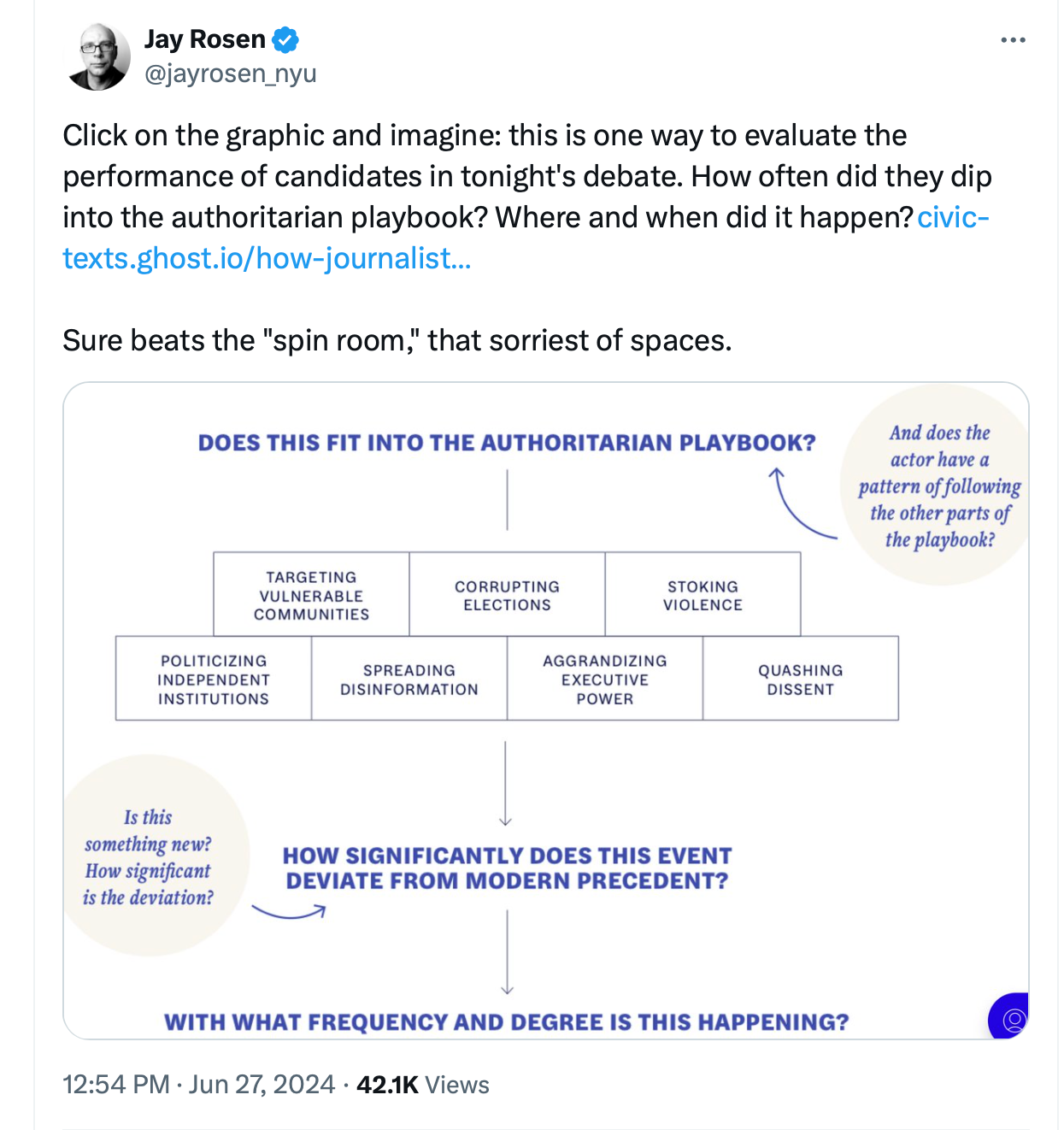
"This is one way to evaluate the performance of candidates in tonight's debate. How often did they dip into the authoritarian playbook? Where and when did it happen?"
Since those are novel questions for a presidential debate in American history, which have knowable answers, I decided to treat the professor's instigation like an assignment for a (recovering) journalist and dove into the transcript. (You can watch the debate online at CNN’s YouTube channel, if you missed it, but reading what these men said is profoundly different that watching how they said it, as tens of millions of Americans did last week. I encourage everyone to do so.)
By the end, I found over a dozen authoritarian plays – all run by former President Trump. It's not framed as fact-check, which you can find at the Post or other outlets, but an evaluation of how a corrupt demagogue abused a prime-time bully pulpit – as many other strongmen in other nations have over the decades.
The following list first quotes Protect Democracy's definition of each play, documenting uses, adding context, then connects how the authoritarian play was run.
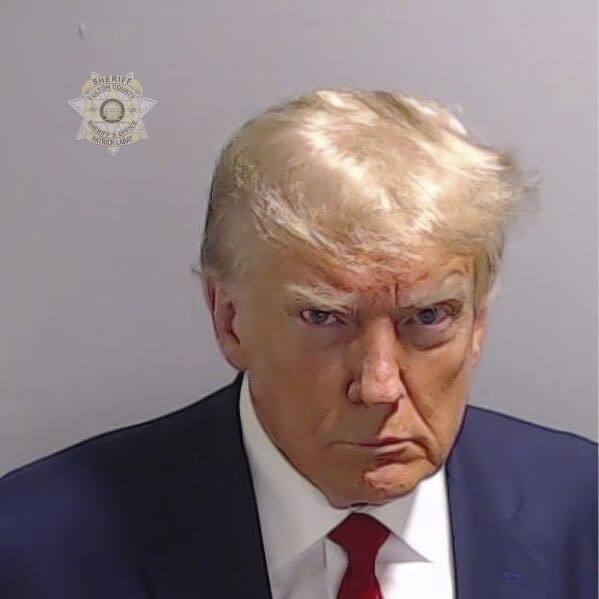
Politicizing Independent Institutions — "All democracies have functions that operate independently from partisan political actors, from law enforcement to central banking. Authoritarians attack and seek to capture those institutions.”
When President Trump falsely claimed that “we’re like a Third World nation between weaponization of his election, trying to go after his political opponent,” he politicized federal law enforcement and the justice system in the United States – as he has been doing for years.
Later, he said “what happened to the United States’s reputation under this man’s leadership is horrible, including weaponization, which I’m sure at some point you’ll be talking about where he goes after his political opponent because he can’t beat them fair and square.”
This is false: there is no evidence that President Biden directed the Justice Department to prosecute former President Trump, much less that a sitting President attempted to overstep his constitutional authority by directing a state prosecutor in New York to do so. (There is documentary evidence, however, that Trump abused power by seeking to coerce a Secretary of State into finding votes after an election, which is part of the record that led a grand jury in Georgia to indict him for conspiracy.)
Trump repeated this lie, stating that Biden “basically went after his political opponent because he thought it was going to damage me” and that “the public knows it’s a scam and it’s a guy that’s after his political opponent because he can’t win fair and square.”
Politicizing federal and state law enforcement – which are meant to be an independent institutions, in a healthier version of American democracy – and delegitimizing a judge were authoritarian plays.
In response, President Biden said that “the idea that I did anything wrong relative to what you’re talking about is outrageous. It’s simply a lie, number one. Number two, the idea that you have a right to seek retribution against any American, just because you’re a president, is wrong, is simply wrong. No president’s ever spoken like that before. No president in our history has spoken like that before.”
Later in the evening, CNN host Jake Tapper specifically asked Trump whether he would abuse federal law enforcement by prosecuting his political opponents:
“After a jury convicted you of 34 felonies last month, you said if re-elected, you would, quote, ‘have every right to go after,’ unquote, your political opponents. You just talked about members of the Select Committee on January 6th going to jail. Your main political opponent is standing on stage with you tonight. Can you clarify exactly what it means about you feeling you have every right to go after your political opponents?"
Trump responded with deflection, denial, and disinformation – the "Gish gallop" approach to rhetoric that he's pursued for years, as historian Heather Cox Richardson observed.
Trump repeated debunked lies about President Biden’s actions in Ukraine as Vice President and finished by calling his political opponent a “criminal” who “could be a convicted felon.
Trump denied his guilt after a jury of his peers in New York City convicted him of 34 felonies and cast doubt on the integrity of the rule of law by claiming “we have a system that was rigged and disgusting.”
He said that “If I ever said that, that’s quid pro quo,” obliquely referring to the corrupt act that former OMB Director Mick Mulvaney openly confirmed in the White House briefing room.
Trump was subsequently impeached – for the first time – because a whistleblower on the National Security Council told Congress that he has sought to use appropriated military aid to extort Ukraine into announcing a corruption investigation into his political opponent: President Biden. And around we go.
Casting doubt upon the integrity of the judicial system of New York State and denying his guilt after a jury convicted him was an authoritarian play.
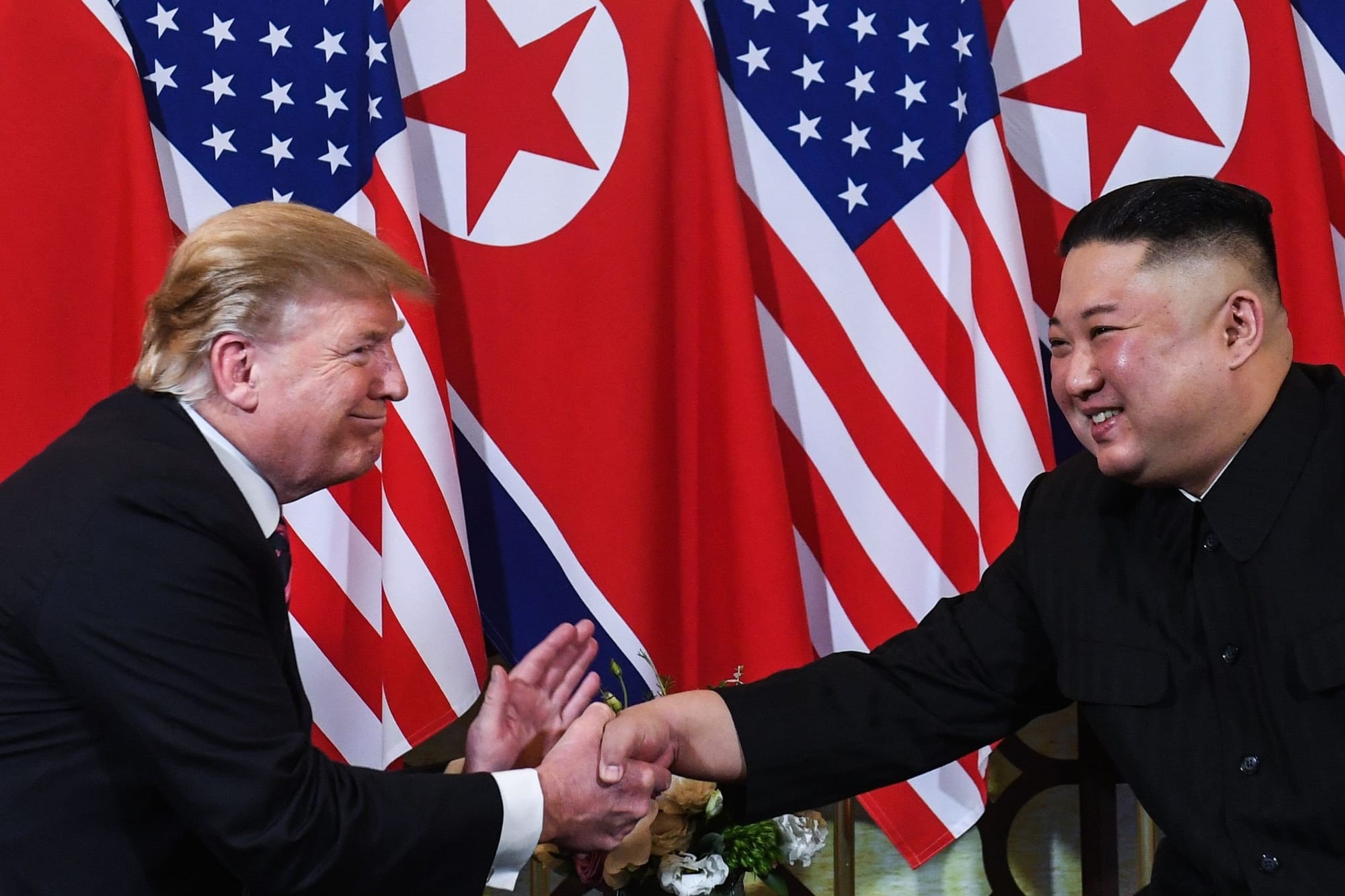
“Spreading Disinformation - Many politicians lie, but authoritarians propagate and amplify falsehoods deliberately and with abandon and ruthless efficiency.”
President Biden “stretched the truth on occasion last night”, as the Washington Post fact-checker Glenn Kessler reported and CNN fact-checker Daniel Dale corroborated, much like he’s been doing for half a century of public life. The record shows Biden made a good faith effort to answer the moderator’s questions accurately, though the quality and coherence of his answers varied.
Former President Trump “confidently relied on false assertions that have been debunked repeatedly”, which is a polite way of Kessler reporting that Trump lied without fear, to his own favor.
Per Dale, Trump made more than 30 false claims during the debate, including falsehoods he’d been repeating for years. CNN’s information-dense paragraph is like a “Harper’s Disinformation Index” for the ages:
“Trump’s repeat falsehoods included his assertions that some Democratic-led states allow babies to be executed after birth, that every legal scholar and everybody in general wanted Roe v. Wade overturned, that there were no terror attacks during his presidency, that Iran didn’t fund terror groups during his presidency, that the US has provided more aid to Ukraine than Europe has, that Biden for years referred to Black people as “super predators,” that Biden is planning to quadruple people’s taxes, that then-House Speaker Nancy Pelosi turned down 10,000 National Guard troops for the US Capitol on January 6, 2021, that Americans don’t pay the cost of his tariffs on China and other countries, that Europe accepts no American cars, that he is the president who got the Veterans Choice program through Congress, and that fraud marred the results of the 2020 election. “
Flooding the zone with a tsunami of bogosity when a demagogue has a nation’s attention was an authoritarian’s play.
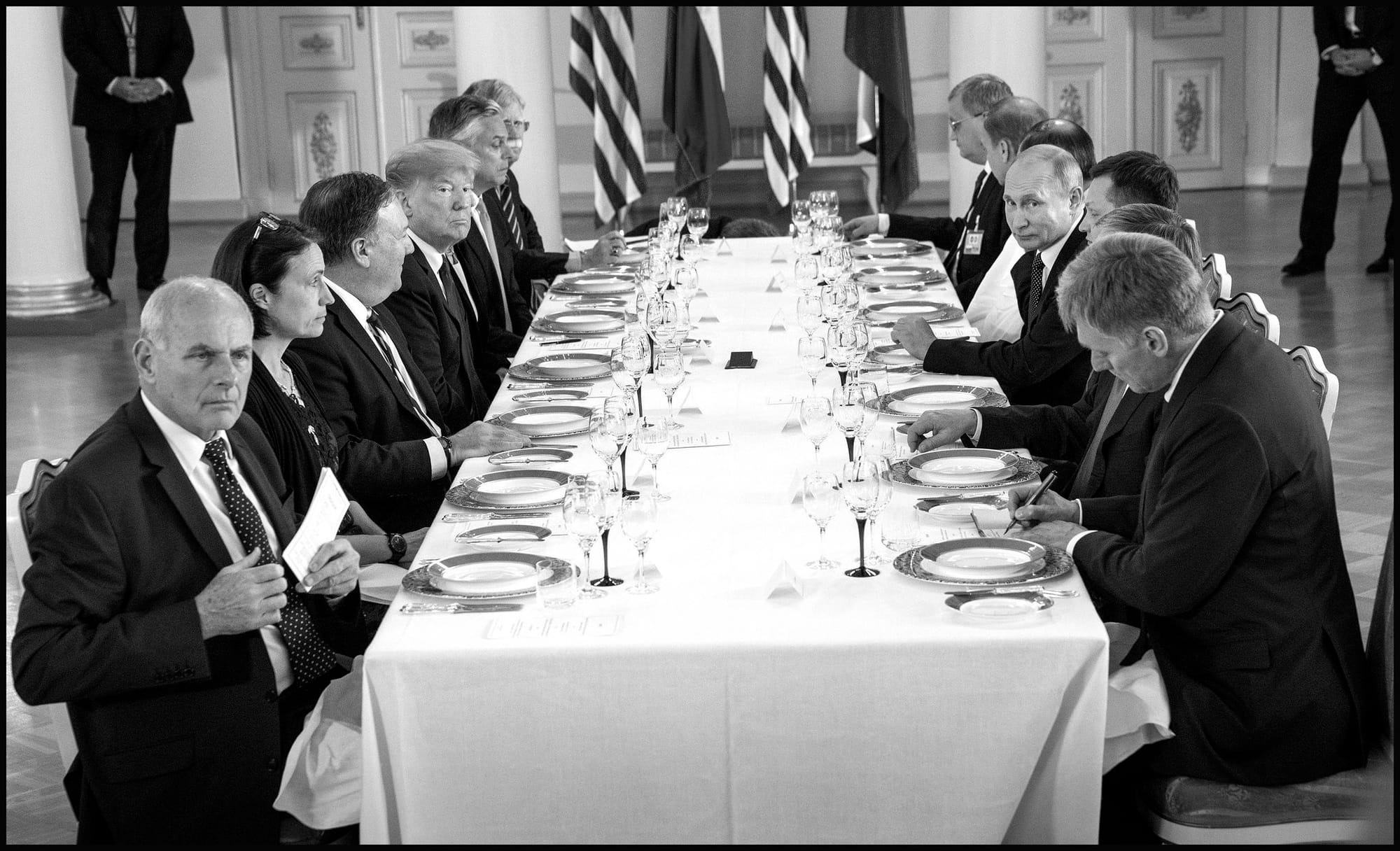
“Scapegoating Vulnerable Communities — Many authoritarians attack vulnerable groups intentionally, sowing division and attempting to turn the many against the few.”
During the debate, Trump claimed immigrants were “taking the place of our citizens,” an explicit reference to the Great Replacement Theory – is a racist conspiracy theory that’s been cited by mass murderers.
He said “millions of people pouring into our country” are “going to take the jobs,” claiming that “they’re taking black jobs and they’re taking Hispanic jobs and you haven’t seen it yet, but you’re going to see something that’s going to be the worst in our history.”
Inciting hatred towards immigrants and seeking to divide Americans using racist conspiracy theories was an authoritarian play.
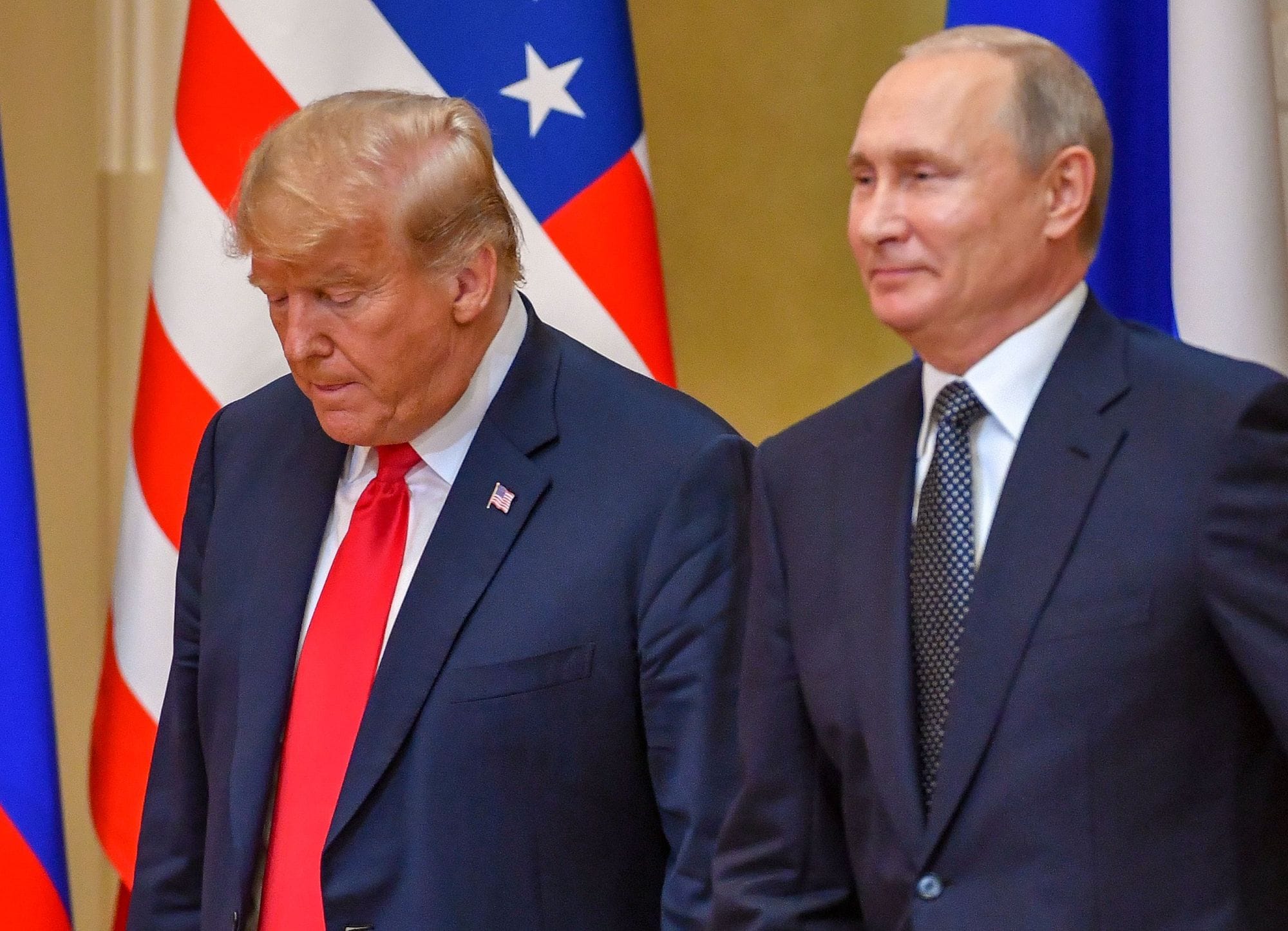
Corrupting Elections — “21st-century authoritarians generally maintain the facade of elections while tilting the rules against their opponents, suppressing votes, and biasing or even overturning the results.”
Trump was repeatedly asked if he would accept the result of the election if he lost. As in 2016 and 2020, he did not do so, stating that he would so only if “it’s a fair and legal and good election” – which is to say, an election that he won.
Immediately afterwards, he claimed that “he would have much rather accepted these” - referring to 2020 - and then repeated his “big lie,” claiming that “the fraud and everything else was ridiculous.”
Lying about the integrity of an election and refusing to concede or accept election results after challenges in court fail are authoritarian’s plays.
In 2020, Trump abused official power to seek to retain power in what’s known as an auto coup or self coup – an autogolpé in Spanish – and (allegedly) conspired to overturn the results of the election, ultimately inciting a failed putsch after he invited his partisans to come to Washington, months after he’d told members of the militias he’d been asked to disavow to “stand back and stand by” …during a presidential debate. (Members of those militias have since been convicted of seditious conspiracy, which neither the debate moderators nor the candidates raised.)
Former President Trump is the only president in American history to have lied to the public about the results of a free and fair election, refused to concede, abused official power to attempt to retain power, (allegedly) conspired to defraud the United Stated with a false slate of electors, and then incited a violent insurrection to obstruct Congress from formally transitioning power.
As of today, it's even less unclear whether the Justice Department will be able to successfully prosecute him prior to the election – but it's abundantly clear that such conduct merits accountability.
That's it for this edition. For more on what Trump's authoritarian means for democracy, tune in to WBUR's show from February 2024. (He's becoming more authoritarian, not less, over time.)
As always, please send comments, suggests, questions, and ideas to alex@governing.digital, upgrade to a paid subscription to support this work if you find it valuable, and share these newsletters with your friends, family, and networks if you think they would, too.



